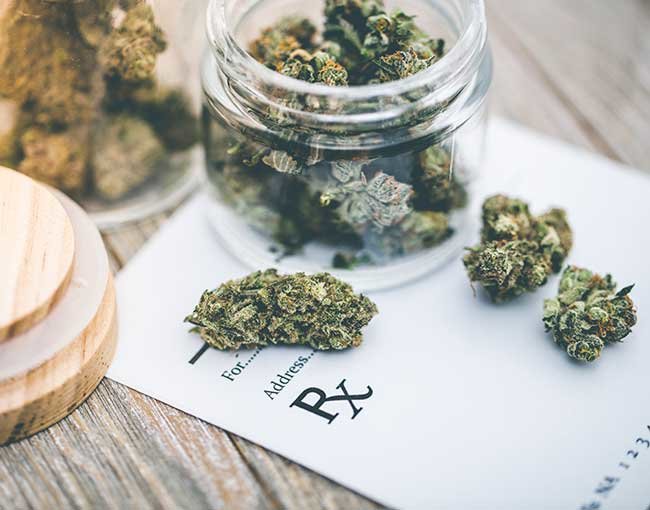On February 21, 2019, the Missouri Department of Health and Senior Services (“DHSS”) released the first of its proposed rules regulating medical cannabis in Missouri pursuant to Amendment 2, passed by Missouri voters last November. The proposed rules concern medical cannabis patients and their caregivers. They clarify the process by which patients will be certified by DHSS to obtain medical cannabis and set forth limits on the purchase and possession of medical cannabis by qualified patients.
Medical cannabis identification card applications
Under the proposed rules, a patient must receive a new (less than 30-days old) certification from a licensed Missouri physician in order to apply for a medical cannabis identification card. The application fee is $25 per applicant. The application must also contain:
- The applicant’s biographical information (Name, date of birth, and SSN)
- The applicant’s physical address(es) and email address
- A certification that the applicant’s primary residence is in Missouri (which can be shown by the patient’s Missouri driver’s license, motor vehicle registration, or “other evidence of primary residence in Missouri.”)
- A copy of the applicant’s state or federally-issued photo identification
- A recent (within 3 months) photograph of the applicant’s face
- An indication of whether the applicant is eligible for Missouri low-income assistance programs
- A signed attestation that the information in the application is true and correct
If applicants wish to cultivate their own medical cannabis, they must pay an additional $100 for a cultivation license and must also include the address of the location where medical cannabis will be cultivated, a description of security measures that will be used to secure the medical cannabis, names of other patients or caregivers who will be sharing the cultivating facility, and a statement that the applicant will make the cultivation facility available to DHSS upon request.
Individuals who provide care for medical cannabis patients (i.e. parents and legal guardians) may also receive a medical cannabis identification card to purchase or cultivate medical cannabis on behalf of such patients. The information required for a caregiver application is nearly identical to the information that a patient must deliver.
Purchase and possession limits
The proposed rules set forth a purchase limit, a possession limit, and a cultivation limit. While qualifying patients may purchase up to 4 ounces of medical cannabis per 30-day period, they may possess up to a 60-day supply, and, if such patients cultivate for themselves, they may possess up to a 90-day supply of medical cannabis. Patients who cultivate medical cannabis for themselves may grow up to six flowering plants. These limits do not apply to patients who receive, and submit to DHSS in their application, a certification from two different physicians that a higher limit, specified by the physicians, is required to treat their condition.
Primary caregivers who have more than one ward (they may have up to three patients for whom they care), may treat each patient separately for purposes of calculating their purchase and possession limits. For example, a caregiver with two qualifying patients in their care may purchase up to 8 ounces of medical cannabis in a 30-day period (i.e. two 30-day supplies) and may possess up to 16 ounces of medical cannabis (i.e. two 60-day supplies). If that caregiver and the caregiver’s patients have cultivation licenses, the caregiver can cultivate up to 12 flowering plants at one time and may possess a 180-day supply, or 24 ounces, of medical cannabis.
Gayle Mercier is a member of Thompson Coburn’s Real Estate, Cannabis, and Financial Services practice groups.
















